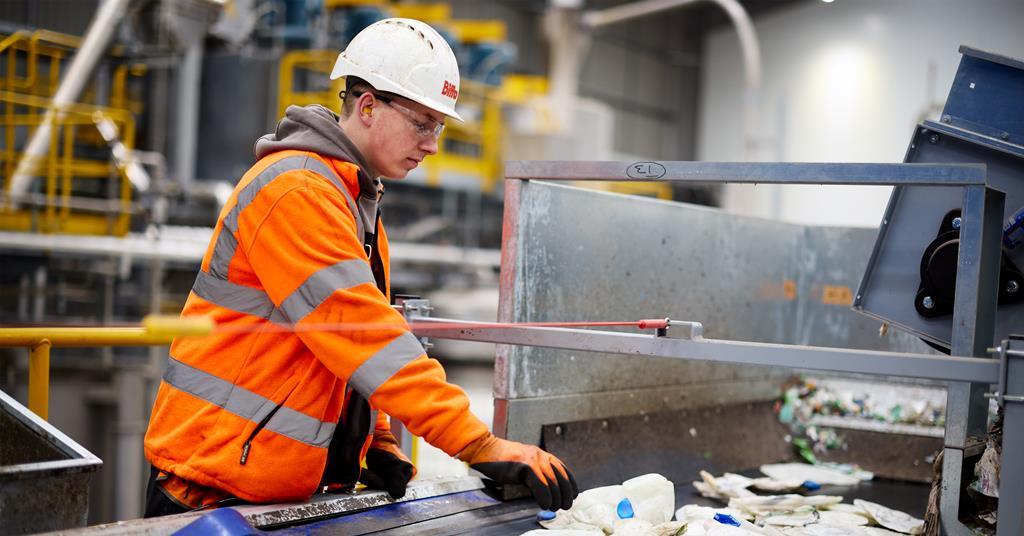How to increase brand awareness and become a pioneer in sustainability | Retail Voice

The flood of rules, regulations and guidelines surrounding packaging and waste can be a bit overwhelming for those who are not fully familiar with the legal language.
From the plastic packaging tax already in place and the upcoming simplified recycling for businesses to upcoming policies such as the deposit return scheme and extended producer responsibility for packaging (pEPR), it is definitely time for retailers to upgrade their sustainability know-how.
The new rules aim to promote a circular economy for packaging by creating accountability for the materials used. The upcoming regulations will also encourage brands to think more sustainably about the life cycle of their packaging after purchase.
And while retailers have their hands full ensuring they comply with all of the new regulations, those who stay ahead of the game may emerge with a better reputation.
The benefits of being a pioneer
Early adopters can benefit from the brand recognition and commercial opportunities that come with being a sustainable market leader. The data collected by manufacturers is valuable far beyond regulatory compliance.
EPR lays the groundwork for a nationwide restructuring of the packaging industry, but data collection is the first and most important step to get this policy off to a successful start.
All companies required under the EPR will have to submit their data in two phases. The 2024 data includes data reporting from January to June, starting on 1 July 2024. The second phase requires data reporting from July to December, starting on 1 January 2025.
EPR reporting obligations depend on company size, so larger producers have already submitted their data for 2023, while smaller producers will have to report the entire year for the first time from January 2024.
EPR will transform packaging in the UK in ways that go beyond data collection. How we act on that data will be critical to the successful implementation of a UK circular economy.
The process of transformation and progress provides rich storytelling for shareholders, customers and colleagues.
Tell me more about pEPR
pEPR is a directive that makes manufacturers responsible for the collection, sorting, recycling or disposal of their product packaging. The directive is scheduled to be introduced in 2025. From 2023, manufacturers will have to report their packaging data.
UK companies that handle packaging will have to bear the full cost of managing packaging waste (from production to disposal), in addition to their current liabilities.
This means that they have to pay for all the packaging they place on the UK market, plus charges for waste disposed of by private households.
For example, a baked bean manufacturer has to cover the cost of the pallet and shrink wrap needed to transport the beans safely to the supermarket, plus additional household charges for its own-brand cans, which its customers recycle at the end of their life.
Harriet Martin is Policy and Regulatory Manager at Biffa.
Carla Brian is Head of Project Partnerships at Biffa.
Biffa offers expert support to businesses of all sizes to help them reform their waste policies. Click here for more information.



